Guide to Starting a Successful Business
The entrepreneurial spirit burns bright in many, and starting your own business can be exhilarating. But between the initial spark and a thriving company lies a strategic path. This guide will equip you with the knowledge to navigate the exciting yet challenging world of startups.

Foundational Steps to Success

Refine Your Idea
Passion is vital, but viability is critical. Conduct thorough market research to identify a problem your product or service can solve. Identify your target audience, research existing competitors, and ensure your offering fills a genuine gap in the market.
Craft a Compelling Business Plan
This roadmap guides your startup’s journey. It details your mission statement, target market analysis, marketing strategies, financial projections, and funding requirements. A well-written plan attracts investors and keeps you focused on your goals.
Choose a Business Structure
Sole proprietorship, partnership, or Limited Liability Company (LLC) – each structure offers advantages and disadvantages. Consult a lawyer or accountant to determine the best fit for your business.
Secure Funding
Bootstrapping, personal savings, loans, or attracting angel investors and venture capitalists are all funding options. Carefully consider the pros and cons of each approach.
Register Your Business and Obtain Permits
Obtain a business license, federal tax ID number, and any necessary state or local permits. Failing to comply with regulations can lead to hefty fines.
Building a Strong Foundation
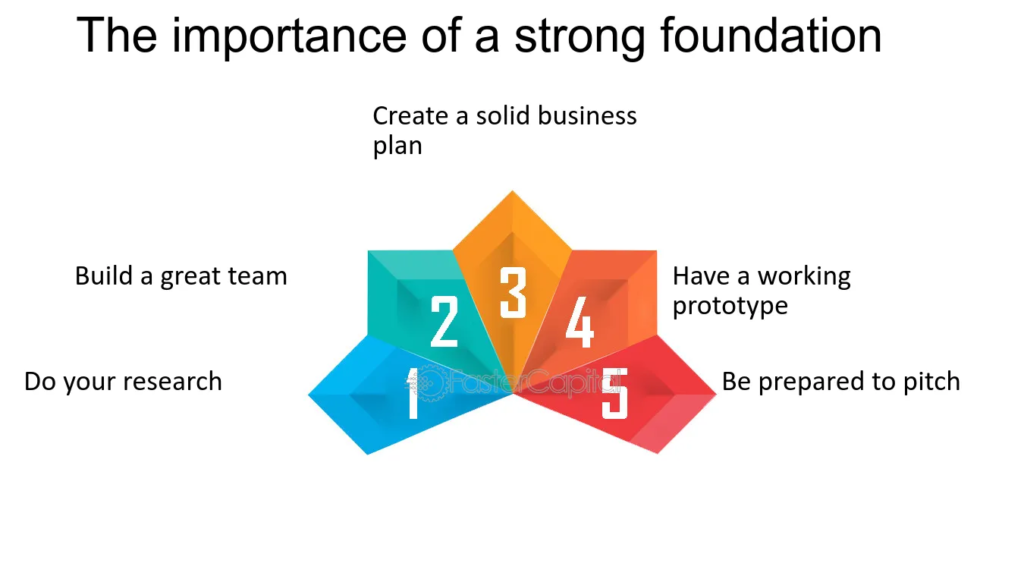
Embrace Technology
From leveraging cloud-based solutions to utilizing project management tools and social media platforms, technology empowers efficiency and growth.
Assemble Your Team
Identify talent aligned with your vision. Look for individuals who complement your skillset and share your passion. Building a solid company culture fosters collaboration and Innovation.
Market on a Budget
Social media marketing, content creation, and strategic partnerships can significantly enhance brand awareness. Explore free and low-cost marketing avenues to maximize your reach.
Read Also : Manufacturing Business For Ladies [Low-Investment Ideas] In Sri Lanka
Common Challenges and How to Overcome Them

Limited Resources
Be resourceful! Utilize free online tools and barter services, and build a network of mentors who can offer guidance.
Cash Flow Management
Develop a system for managing your finances effectively. Create a budget, track your expenses meticulously, and prioritize smart spending.
Building Brand Awareness

Patience is key! Focus on delivering exceptional customer service, consistently create high-quality content, and leverage the power of social media to establish brand loyalty.
Remember: The journey is just as important as the destination. Embrace the challenges, learn from setbacks, and always remember your vision. Your startup can flourish with dedication, perseverance, and the proper roadmap.
A Look at Frequently Asked Startup Business Questions

This companion piece tackles some of the most frequently asked questions regarding starting a business:
1. Funding Your Startup
- Bootstrapping: This self-funded approach involves utilizing personal savings and revenue to finance your business. It fosters financial independence but limits initial growth potential.
- Loans: Banks and credit unions offer small business loans with varying interest rates and repayment terms. This option provides access to capital but comes with debt obligations.
- Investors: Angel investors (wealthy individuals) and venture capitalists (firms specializing in high-growth startups) can provide significant funding in exchange for equity in your company. While enticing, this approach involves surrendering some control.
- Crowdfunding: Platforms like Kickstarter and GoFundMe allow you to raise capital from a large pool of online contributors. This method is excellent for testing market demand but may need more substantial funding.
2. Legal Requirements:
- Business Registration: Register your business with your state government to operate legally and obtain a business license.
- Federal Tax ID: This unique identifier is required for filing federal taxes.
- State and Local Permits: Depending on your industry and location, additional permits may be necessary (e.g., health permits for food businesses).
3. Crafting a Solid Business Plan

- Executive Summary: Briefly introduce your company’s mission and value proposition.
- Market Analysis: Detail your target market, demographics, and needs. Analyze your competitors and identify your competitive advantage.
- Marketing Strategy: Outline your plan for reaching your target audience, including marketing channels and budget allocation.
- Management Team: Introduce your core team members and highlight their skills and experience.
- Financial Projections: Present realistic forecasts for revenue, expenses, and profitability for a set period (typically 3-5 years).
4. Marketing on a Budget

- Content Marketing: Create valuable and informative content (blog posts, infographics, videos) that attracts your target audience and establishes you as an industry thought leader.
- Search Engine Optimization (SEO): Optimize your website and content to rank higher in search engine results pages (SERPs) for relevant keywords, driving organic traffic.
- Social Media Marketing: Engage with your audience on relevant social media platforms like Facebook, Instagram, or Twitter, fostering brand awareness and community building.
- Email Marketing: Build an email list and send targeted email campaigns to nurture leads and convert them into customers.
5. Hiring Top Talent:
- Define Your Needs: Identify the skills and experience required for each open position.
- Craft Compelling Job Descriptions: Write clear and concise job descriptions highlighting your company culture and the value proposition of the role.
- Utilize Online Job Boards: List your open positions on relevant job boards to reach a wider pool of qualified candidates.
- Leverage Your Network: Tap into your professional network to identify potential candidates through referrals and recommendations.
By addressing these key areas and continuously learning and adapting, you can navigate the exciting yet challenging world of startups and turn your innovative idea into a successful business.
Advanced Strategies for Startup Success
Having covered the fundamentals, let’s explore some advanced strategies to propel your startup towards long-term success
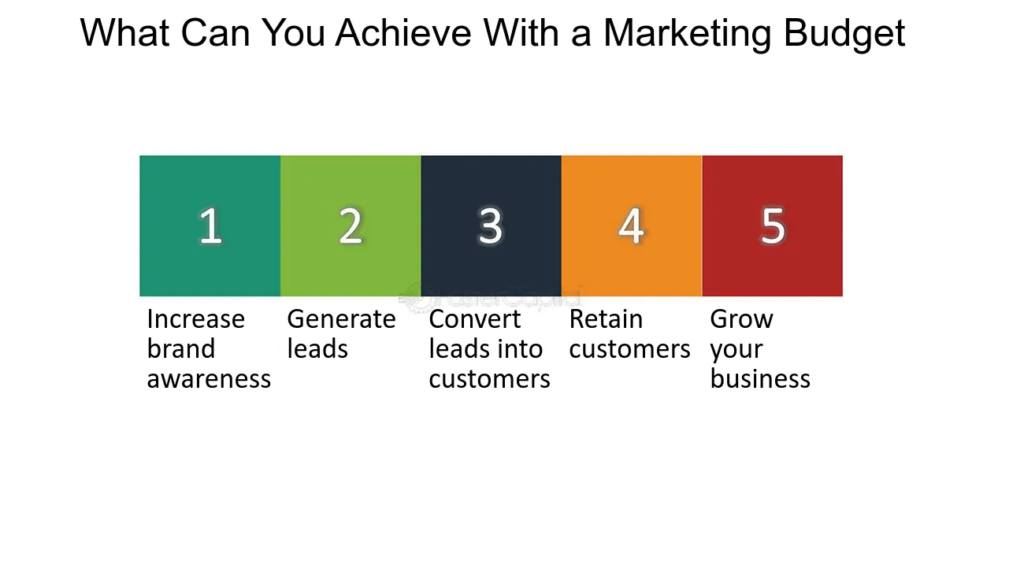
1. Embrace Innovation:
- Stay Current with Industry Trends: Actively research and stay updated on your industry’s latest advancements and disruptions.
- Foster a Culture of Experimentation: Encourage creative thinking and experimentation within your team. Dedicate resources to research and development (R&D) to explore new possibilities.
- Adapt to Changing Customer Needs: Customer preferences and market landscapes constantly evolve. Be prepared to pivot your offerings or business model to stay relevant and meet ever-changing customer demands.
2. Building a Scalable Business Model:
- Focus on Efficiency
Streamline your operations and processes to ensure smooth execution as your business expands. Utilize technology and automation to reduce manual tasks and optimize workflows.
- Prioritize Customer Acquisition and Retention
Develop effective strategies to attract new customers while fostering loyalty among existing ones. Exceptional customer service and a focus on building long-term relationships are crucial.
- Plan for Growth
Anticipate future growth and ensure your business infrastructure can accommodate an expanding customer base, increased sales volume, and, potentially, a geographically dispersed workforce.
3. The Power of Networking
- Connect with Industry Influencers
Build relationships with key players in your industry. Attend industry conferences and events to establish connections and gain valuable insights.
- Seek Mentorship
Find experienced entrepreneurs or industry veterans willing to mentor you. Their guidance can prove invaluable in navigating complex business challenges.
- Collaborate with Complementary Businesses
Partner with companies that share your target audience but offer non-competing products or services. Strategic partnerships can expand your reach and unlock new market opportunities.
4. Building a Strong Brand Identity
- Define Your Brand Values
Identify the core values that define your company’s mission and philosophy. These values resonate with your target audience and guide your brand messaging.
- Develop a Cohesive Brand Image
Create a consistent visual identity across all platforms, encompassing your logo, website design, marketing materials, and social media presence.
- Storytelling
Craft a compelling brand story that connects with your audience emotionally. Highlight your brand’s unique value proposition and its positive impact on customers.
By implementing these advanced strategies alongside the foundational elements covered earlier, you can position your startup for long-term success. Remember, the startup journey is a marathon, not a sprint. Embrace the challenges, celebrate the milestones, and always remember your vision. With perseverance, a strategic approach, and the right team, you can transform your innovative idea into a thriving business that makes a lasting impact.
Essential Resources for Startup Businesses
The startup journey is paved with both triumphs and hurdles. Here, we explore valuable resources to help you overcome common challenges.
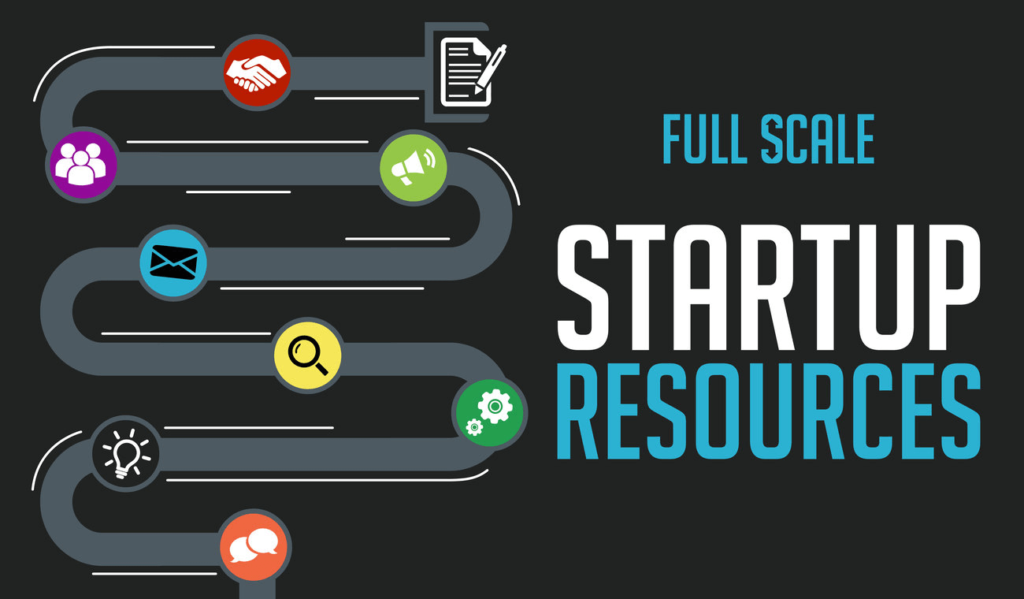
Financial Management
- Accounting Software
Cloud-based accounting software like QuickBooks or Xero simplifies bookkeeping, automates invoicing and bill payment tasks, and provides valuable financial insights.
- Financial Planning Tools
Utilize financial planning and forecasting tools to create realistic financial projections, track your budget, and make informed financial decisions.
Legal and Regulatory Compliance
- Legal Counsel
Consult a qualified business attorney to ensure you comply with all relevant laws and regulations. They can advise on contracts, intellectual property protection, and corporate governance.
- Regulatory Agencies
Familiarize yourself with the websites of relevant government agencies to stay updated on industry-specific regulations and licensing requirements.
Marketing and Growth
- Marketing Analytics Tools
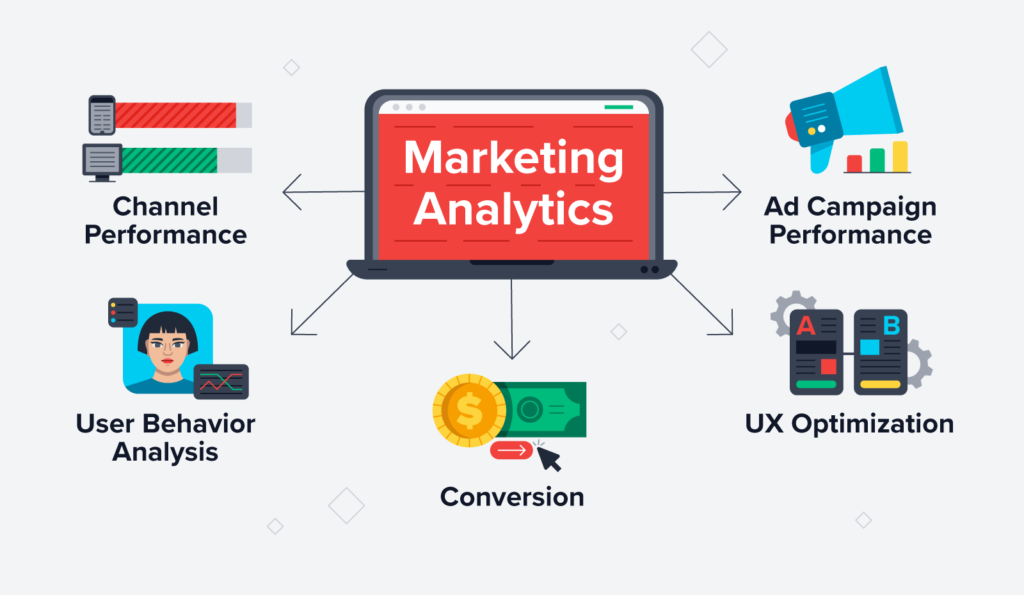
Leverage analytics platforms like Google Analytics or social media insights to track the performance of your marketing campaigns and optimize your strategies for better results.
- Customer Relationship Management (CRM) Software
Implement a CRM system to manage customer interactions, streamline sales processes, and personalize your marketing efforts.
Building and Managing Your Team
- Human Resources (HR) Software
HR software streamlines administrative tasks like payroll, benefits management, and employee onboarding.
- Project Management Tools
Utilize tools like Asana or Trello to enhance team collaboration, track project progress, and ensure deadlines are met.
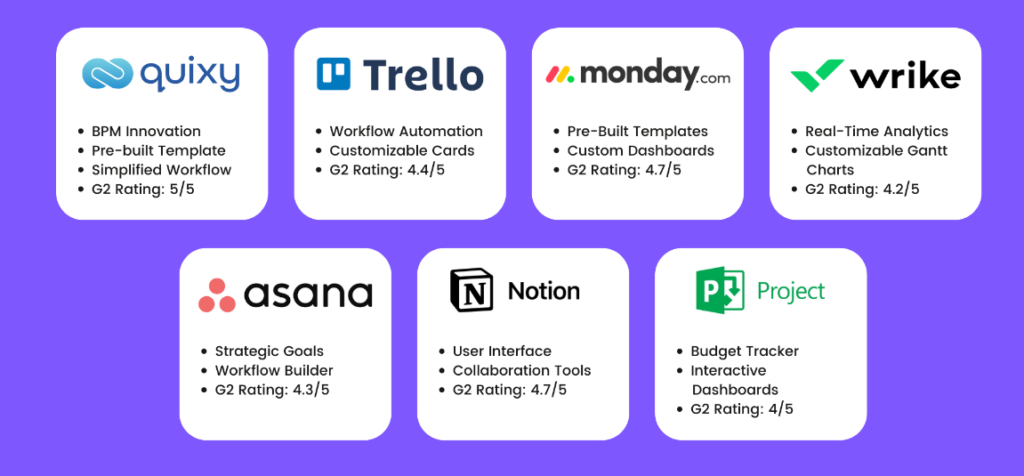
Remember: There’s a wealth of information and support available for startups. Don’t hesitate to leverage online resources, attend industry events, and connect with other entrepreneurs to overcome challenges and propel your business forward.
In addition to the resources listed above, consider incorporating the following tips
- Network with Successful Entrepreneurs: Seek out and connect with entrepreneurs who have established successful businesses in your industry. Learn from their experiences and gain valuable insights.
- Embrace Continuous Learning: The business landscape is constantly evolving. Stay updated on industry trends, attend workshops and conferences, and invest in your professional development.
- Prioritize Your Well-being: The startup journey can be demanding. Prioritize your physical and mental well-being to maintain your energy and focus throughout the process.
By equipping yourself with the right tools, knowledge, and support network, you can effectively navigate the challenges inherent to startups and set your business on a path to long-term success.




